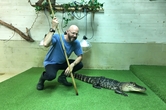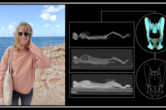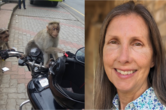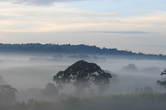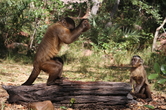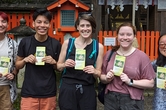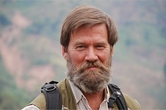International Primatology Lecture 24: Dr. Dorothy Fragaszy
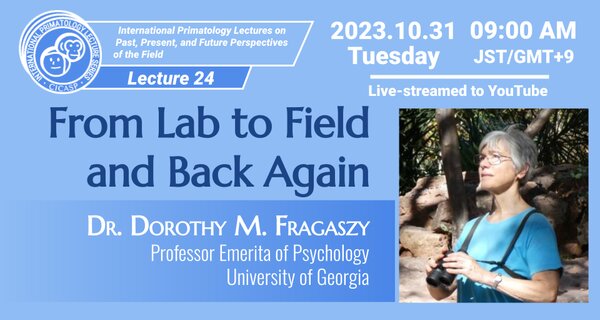
Our next International Primatology Lecture will be given by Dr. Dorothy Fragaszy, Professor Emerita of Psychology at the University of Georgia and Director of the Primate Behavior Laboratory there. Her lecture is titled "From Lab to Field and Back Again".
In the lecture, Dr. Fragaszy will talk about how she became a primatologist and comparative psychologist, established her own colony of monkeys for behavioral research, and pursued a long career of teaching, training young primatologists, studying behavior in several species of primates, and serving her university and scientific communities.
It's also fun to know that, with Dr. Fragaszy's talk, we'll have heard from all three of the driving scientists behind the EthoCebus project, along with Dr. Elisabetta Visalberghi (IPL 5) and Dr. Patrícia Izar (IPL 19), who have made so many discoveries about how wild capuchins use stone tools to crack open nuts.
This time, join us as Dr. Fragaszy tells us about her academic journey, as well as managing personal life.
About the speaker: Dorothy Fragazy is a comparative psychologist, primatologist and Professor of Psychology at the University of Georgia. She chaired the graduate program in Behavioral and Brain Sciences in her department for 24 years, stepping down in 2017. She earned her bachelor's degree at Duke University, and completed her Ph.D. in 1978 at the University of California, Davis. Fragaszy studies primates' behavior from ethological, ecological, psychological, and biomechanical perspectives. She focuses on behavioral development, learning, problem-solving, perceptual and motor skills, foraging behavior, manual dexterity, social influences on learning, and technical traditions. For most of her career, Fragaszy studied these topics primarily with captive capuchin monkeys and occasionally with captive chimpanzees and humans. Since 2005, she and her collaborators in the EthoCebus project have studied wild bearded capuchin monkeys in the Cerrado of Brazil. They combine experimental methods of studying behavior with traditional field work in this project. These monkeys use stone hammers to crack palm nuts and other hard, encased food items. They use stones that can weigh more than they weigh themselves, transporting them to anvils and standing bipedally to use them as hammers. She works with collaborators from anthropology, archaeology, biology, geography and kinesiology to understand these monkeys and their unusual technical skills from as broad a perspective as possible. Fragaszy published the edited volume The Biology of Traditions in 2003 and the authored volume The Complete Capuchin in 2004. She has served in several elected offices of the International Primatological Society including President and Secretary General and as President of the American Society of Primatologists. She is a Fellow of the American Association for the Advancement of Science and of the Association of Psychological Science and currently serves as Editor-in-Chief of the Journal of Comparative Psychology, published by the American Psychological Association. Fragaszy's research has been funded by the National Science Foundation, NIH, the Leakey Foundation, and the National Geographic Society. (Bio taken from the website of the KAVLI Institute for Brain and Mind)
Livestream on CICASP YouTube Channel
Date: Tuesday, October 31, 2023
Time: 9:00 Japan Standard Time (GMT+9)
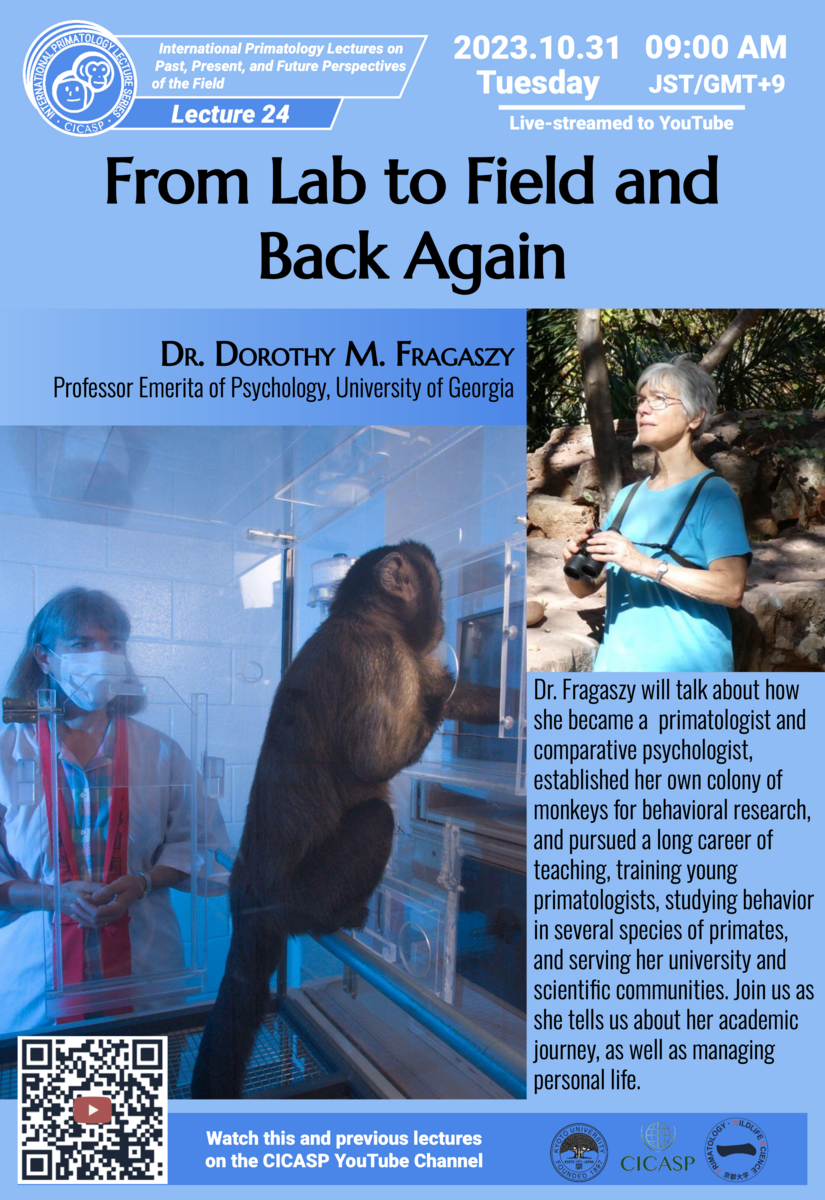
International Primatology Lectures on Past, Present and Future Perspectives of the Field
In this lecture series, we explore various origin stories as told by famed members of our primatology comunity. Most lectures are live-streamed and archived on our CICASP YouTube Channel.
Unlike most academic lectures, which are usually focused on testing scientific hypotheses, this series is designed to offer a feel for how one becomes a professional in the field of primatology. In a way, we might think of it as a career primer for young primatologists just starting their own journeys into the nether regions of Academia. At the same time, anyone might enjoy the stories told of big dreams, exotic locations and species, and the humanity inherent in forging a new path in life and in work.
Check out all videos in this series on our CICASP YouTube channel playlist, and follow us on Facebook and Twitter to keep up with all our activities.
